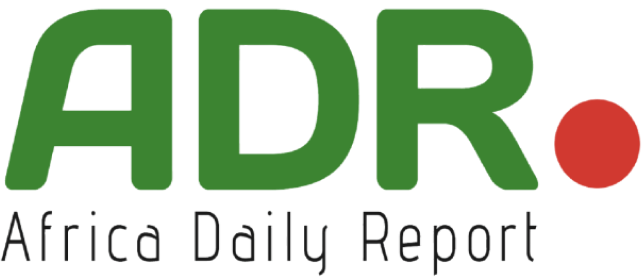
Sixteen Officers Dismissed, Disappearances, and Digital Repression as Former Junta Leader Paul-Henri Sandaogo Damiba Remains in the Regime’s Crosshairs
Since taking power in October 2022, Captain Ibrahim Traoré has launched a sweeping restructuring of Burkina Faso’s military, marked by the dismissal of sixteen officers for “serious misconduct.” Among them is former junta leader Paul-Henri Sandaogo Damiba, now in exile in Togo and accused of attempting to destabilize the government from abroad. Alongside these purges, a regime-backed digital surveillance network targets critics on social media, stoking concerns over stability and Burkina Faso’s international relations.
Background and Charges Against Damiba
Traoré’s crackdown on dissenting military voices stems from a transition initiated after the ousting of Damiba, who had previously taken power through a coup. Now in exile in Togo, Damiba faces accusations of colluding with foreign forces and terrorist groups to overthrow Traoré’s transitional government. His formal dismissal in October symbolizes the junta’s resolve to eradicate the influence of its former leader and consolidate Traoré’s control over the military.
Military Purges: A Comprehensive Restructuring
On October 30, Traoré signed a series of presidential decrees dismissing sixteen officers for “serious offenses.” Among them, Colonel Yves Didier Bamouni, former head of the national theater of operations, and Lieutenant Colonel Evrard Somda, former gendarmerie chief, were dismissed for allegedly opposing the current transition. Other officers, recently returned from training in Russia, were accused of harboring coup intentions and promptly dismissed.
While these dismissals indicate an unprecedented level of internal restructuring, they raise concerns about weakening the Burkinabe military’s capacity to combat terrorist threats in the Sahel. Removing experienced officers may undermine the army’s cohesion and, by extension, national security.
Digital Surveillance and Repression: A New Mode of Control
Alongside the military purges, the Traoré regime has fostered an atmosphere of digital repression spearheaded by pro-government groups. The “Rapid Communication Intervention Battalions” (BIR C) are especially active on social media, tracking regime critics and encouraging their families to publicly disavow them. Pages such as “Anonymous Élite Alpha,” which has 178,000 followers, regularly publish lists of so-called “enemies of the nation” and call on the public to denounce them.
This digital surveillance extends beyond social media, with cases of physical harassment and intimidation. For instance, the children of former minister Djibrill Bassolé, who recently criticized the government, were reportedly abducted in September following his public statements. This combination of digital and physical repression creates an atmosphere of fear and social control, discouraging dissenting voices.
Disappearances and Secret Detentions: A Repressive Machine in Motion
Under Traoré’s administration, cases of forced disappearances and secret detentions have proliferated. Prominent figures critical of the regime, such as Imam Mahamadou Diallo, vanished after openly criticizing the junta’s security policies. In April 2023, Diallo was reportedly taken by uniformed men, and his family has since received no word on his whereabouts. Testimonies indicate that detainees are often taken to secure villas in Ouaga 2000, where they face intense questioning and are kept in isolation from their families.
These extrajudicial detentions, aimed at silencing dissent, have heightened concerns among human rights advocates. Combined with pervasive digital surveillance, they underscore the extent of Traoré’s grip on Burkinabe society.
Economic Impact and Regional Implications
In addition to its political ramifications, Traoré’s repressive policies risk straining Burkina Faso’s economic and diplomatic relations. The mining sector, critical to the country’s economy, faces growing uncertainty amid these internal purges. International corporations such as Canadian-based Iamgold and British-based Endeavour Mining have voiced concerns about the safety of their operations amid rising tensions and fiscal pressures.
Regionally, neighboring states, also grappling with terrorist threats, watch with concern as tensions escalate in Burkina Faso. Observers fear the current trajectory could destabilize the broader Sahel region, already marked by conflict and insecurity. International organizations urge the junta to uphold human rights to prevent diplomatic isolation that could harm the country’s socio-economic development.
Conclusion: Toward Social and Political Polarization?
Traoré’s military restructuring and extensive digital repression appear designed to solidify his authority over Burkina Faso. Yet this policy of control could deepen divisions within the military and civil society, undermining long-term stability. The international community remains wary of Burkina Faso’s future, concerned that this authoritarian governance style may lead to further isolation and heightened regional tensions in a country already facing serious security challenges.
© 2024 – O Bulamba / Africa Daily Report










